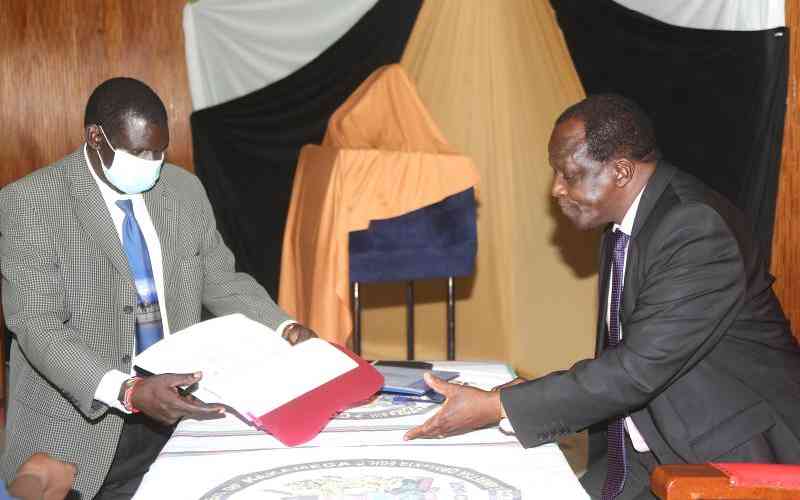
In the 1990s, the Bretton Woods Institutions begun to push for structural adjustments within African countries as a condition for grants. In 2000s, the World Bank, in particular, was demanding that organisations embrace corporate governance as a means of improving their internal processes. Two important things emerged from the organisations - internal audit and performance contracting.
It was a concern that external auditors were external, only coming in at the end of the financial year to inspect conformity with laid down procedures and policies. If things went wrong, external audit could only report but not correct them. To counter this, internal audit was needed to offer timely feedback and prevent misuse of resources internally, financially or otherwise, before they happen. Performance contracting was needed to improve individual employee performance by setting yearly targets that were evaluated and scored at the end of the year.